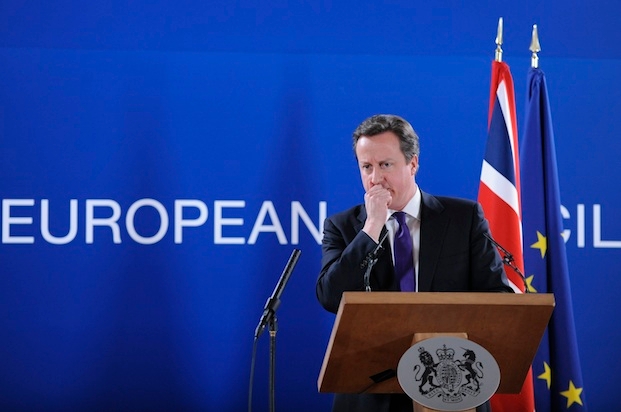Following the government’s first Commons defeat of the new parliament, I understand that ministers are not going to try to reverse the primary legislation that introduces a ‘full fat’ version of the purdah restrictions on what central and local government can publish during the EU referendum campaign.
But what the government can do to get its way is to use a statutory instrument to set out certain exemptions from those purdah restrictions. This was what the government amendment to new clause 10 of the legislation will allow: that changes to purdah can be introduced through secondary legislation, which must be approved by MPs. This means ministers can try again at a later date to get their way on the sort of purdah (a skimmed, rather than full fat, version).
That ministers accepted Bernard Jenkin’s demand for four months’ notice before the vote does not, according to government sources, mean that ministers must announce the date of the referendum four months in advance. The four months’ notice period in fact means that there must be a gap of four months between those changes to purdah in secondary legislation that I outlined above and the vote itself. So if ministers decide not to set out any further restrictions to purdah, then they do not need to give four months’ notice. Sources insist that this is not because they’re plotting a snap poll, as the legal norm for such campaigns is 10 weeks. Jenkin had originally told me that he wanted six months’ notice between the end of negotiations and the referendum, but after last night’s vote, it seems ministers think they need give far less notice even than the four months, unless they fancy making purdah a bit less restrictive.







Comments